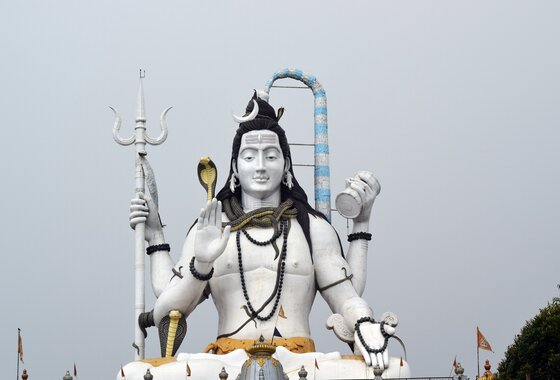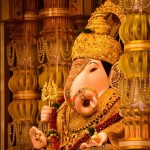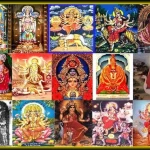Shravan/Sawan, the sacred month in the Hindu calendar (July-Aug), is devoted to Lord Shiva. Fasting, prayers, and pilgrimage to seek blessings and deepen spiritual connection. Auspicious "Shravan Somvar" Mondays, vibrant Kanwar Yatra, and Raksha Bandhan are celebrated. Devotion and cultural unity. 🙏🕉️
Introduction:
Shravan, also known as Sawan, is a sacred and highly revered month in the Hindu calendar. Falling between July and August, this auspicious period is dedicated to Lord Shiva and holds immense spiritual significance for devotees. In this blog, we will delve into the essence of Shravan month, exploring its religious importance, traditional practices, and the joyous cultural celebrations that make it a cherished time for millions of people.
The Holy Month of Lord Shiva's Blessings:
Shravan is dedicated to Lord Shiva, the supreme deity in Hinduism, representing destruction, transformation, and compassion. Devotees believe that Lord Shiva's blessings are particularly potent during this time, and their prayers and rituals are performed with deep reverence and devotion.
Observing Fasts and Vrat:
Shravan is a month of austerity and spiritual discipline, with many devotees observing fasts and "vrat" (vows) as acts of penance and devotion. Fasting during this time is believed to purify the body and mind, enhancing one's spiritual connection with the divine.
The Significance of Mondays:
Mondays of Shravan, known as "Shravan Somvar," are especially auspicious for worshiping Lord Shiva. Devotees flock to temples, offering prayers, performing "abhishek" (ritual bathing of the deity), and seeking the blessings of the benevolent Lord.
The Vibrant Kanwar Yatra:
Shravan is marked by the vibrant Kanwar Yatra, where devotees, known as Kanwariyas, carry holy water from sacred rivers to offer to Lord Shiva. The Yatra involves colorful processions, devotional songs, and a sense of community spirit, showcasing the cultural significance of the month.
Celebrating Raksha Bandhan:
Shravan is also the month of Raksha Bandhan, a festival celebrating the bond between siblings. Sisters tie rakhi threads around their brothers' wrists, symbolizing love, protection, and lifelong affection.
Embracing Cultural Celebrations:
Beyond its religious significance, Shravan is a time of cultural festivities. Temples are adorned with flowers and lights, and various regions celebrate with music, dance, and traditional performances. The joyous spirit of the month brings communities together, fostering a sense of unity and celebration.
Shravan month holds a special place in Hindu traditions, offering devotees a unique opportunity for spiritual growth, devotion, and cultural celebrations. The worship of Lord Shiva during this auspicious time is believed to bring blessings, protection, and fulfillment of wishes. As devotees observe fasts, perform rituals, and immerse themselves in cultural festivities, the atmosphere is filled with reverence and joy. Shravan exemplifies the essence of devotion, promoting a deeper connection with the divine and reaffirming the values of love, protection, and unity among people.










